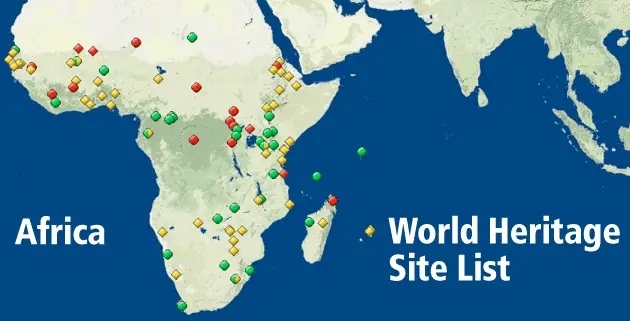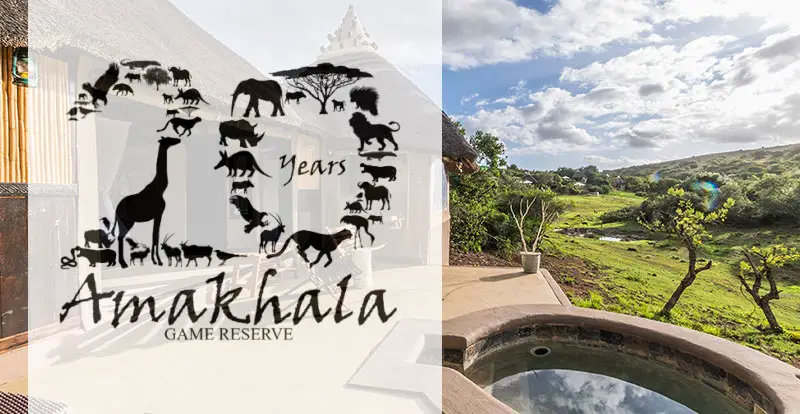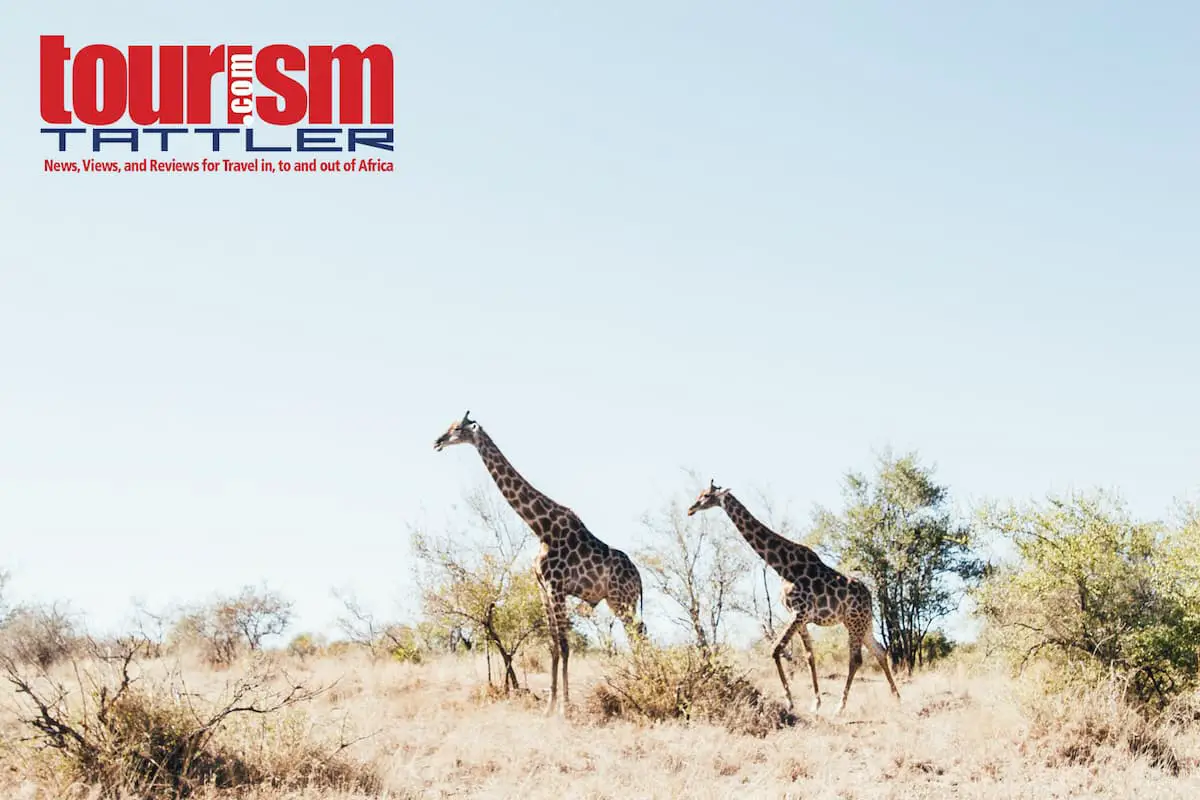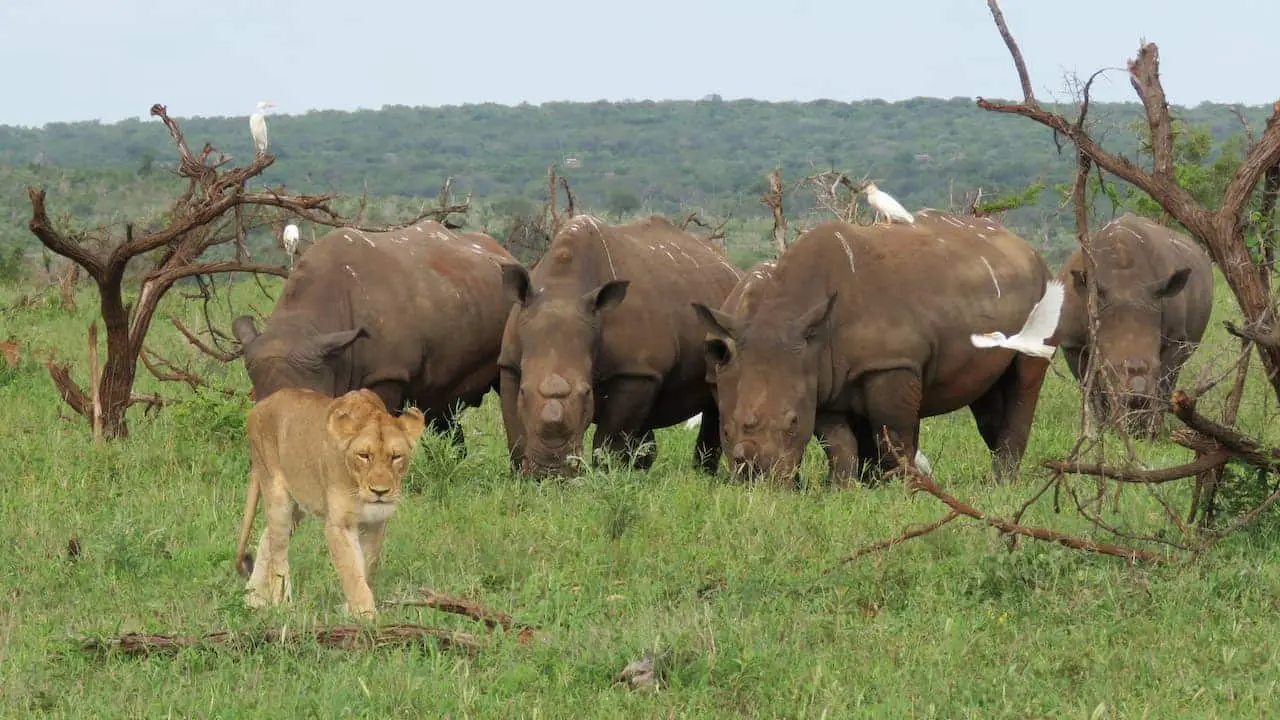Global End to African Elephant Exports
The first vote at the 18th meeting of the CITES Conference of the Parties has delivered a historic win for African elephants to end the cruel practice of removing live elephants from the wild for export to captive facilities.
This decision applies to the elephants in Botswana and Zimbabwe, which currently exports the most elephants. These two elephant populations are listed in Appendix II of CITES, which has an annotation that permits this trade to “appropriate and acceptable”.
Shockingly, the countries that voted AGAINST protecting baby elephants were South Africa, Bolivia; Botswana; Canada; Estawini; Ghana; Indonesia; Japan; Morocco; Mozambique; Namibia; Peru; Switzerland; Tunisia; Uganda; Tanzania; USA; and Zimbabwe.
Zimbabwe has captured and exported more than 100 baby elephants to Chinese zoos since 2012. These calves, severely traumatized by being torn from their mothers, were subsequently abused through violent handling that included being kicked and beaten, and several have consequently died.
CITES is the UN Convention on International Trade in Endangered Species. CITES Parties voted to limit trade in live wild African elephants to ‘in situ’ conservation in their natural habitats, which will end the trade in live wild elephants to captivity in zoos and entertainment venues, effectively ruling them unacceptable and inappropriate destinations. (CoP18 Document 44.2)
Forty-six countries voted in favour, 18 voted against and 19 countries abstained. This achieved the 2/3 majority for the proposal to pass in committee.
Commenting on the vote, Audrey Delsink, director of wildlife for Humane Society International (HSI) in Africa and an elephant biologist, said, “The export of live wild elephants serves no credible conservation purpose and is opposed by numerous elephant biologists. Elephants are highly intelligent, social animals with strong family bonds. The capture of baby elephants is horribly cruel and traumatic to both the mothers, their calves and their herds that are left behind. Calves suffer psychological and physical harm when taken from their mothers. Zoos and other captive facilities force these calves to live in an unnatural, unhealthy environment that does not meet their complex needs.”
HSI has warmly congratulated Burkina Faso, Jordan, Lebanon, Liberia, Niger, Nigeria, Sudan and Syria for putting forward this important proposal, which was backed by the 32 member countries of the African Elephant Coalition.





